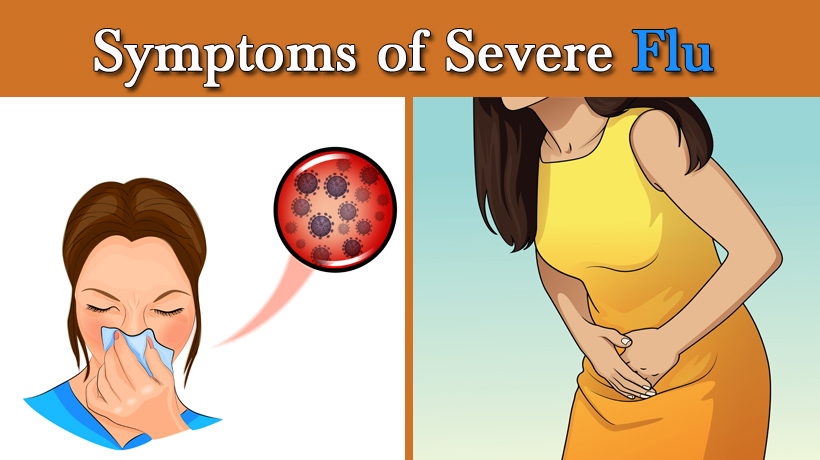Flu season is upon us, sneezing and coughing left and right. We always believe it’ll pass just like how a cold would usually pass. According to the online health engagement platform Sharecare, the influenza virus can be more dangerous than we think. What are the symptoms and who is likely to suffer the compilations?
Symptoms
According to WebMD some of the symptoms of the flu would be:
- Severe and painful body aches
- Tiredness around the eyes
- Extreme fatigue
- Warm and/or red skin
- Watery eyes
- Headache
- Dry cough
- Sore throat
- Runny nose
- Diarrhea (mostly in children)
However, there are some symptoms that show that the condition is severe, which is when seeing a doctor would be critical, states WebMD:
- Trouble breathing
- Shortness of breath
- Pain or pressure in your chest or belly
- Dizziness
- Confusion
- Severe vomiting
Who are more prone to complications?
According to Sharecare, children under the age of five are more vulnerable to flu complications. Their immune systems are still developing and are much weaker compared to an adult’s.
Sharecare then discusses how during pregnancy the immune system is altered, which can put soon to be mothers at a higher risk for severe flu symptoms and complications. The flu can also cause problems in the development of the baby such as premature delivery and fetal brain, spine and spinal cord defects.
Children aren’t the only ones who are affected; adults age 65 and older are, too. According to Sharecare, adults at this age have a weaker immune system and become frail. This group of adults make up 54 percent to 70 percent of seasonal flu hospitalizations.
The flu can make other medical conditions even worst. Sharecare discusses people who have asthma and diabetes have a much more difficult time dealing with flu symptoms. An example that was given was people who have diabetes struggle to control their blood sugar levels when dealing with the flu.
Preventative measures
What is the preventive measure you can take to avoid getting the flu? Centers for Disease Control and Prevention says getting vaccinated each year is one of the most important ways to avoid getting the flu. Avoid interaction or forms of close content with people who are sick. Also, if you are the one who sick, avoid close content with anyone else, so people don’t get sick. Stay home from work, school, and errands when you are sick to help prevent spreading any germs.
Respiratory syncytial virus (RSV) and severe acute respiratory syndrome (SARS), are spread by coughing, sneezing, or unclean hands. So always cover your mouth and nose when coughing or sneezing. Washing your hands will protect you from germs.
Sources
https://www.webmd.com/cold-and-flu/adult-flu-symptoms
https://www.sharecare.com/health/cold-and-flu/article/when-the-flu-becomes-dangerous
https://www.cdc.gov/flu/protect/habits/index.htm



